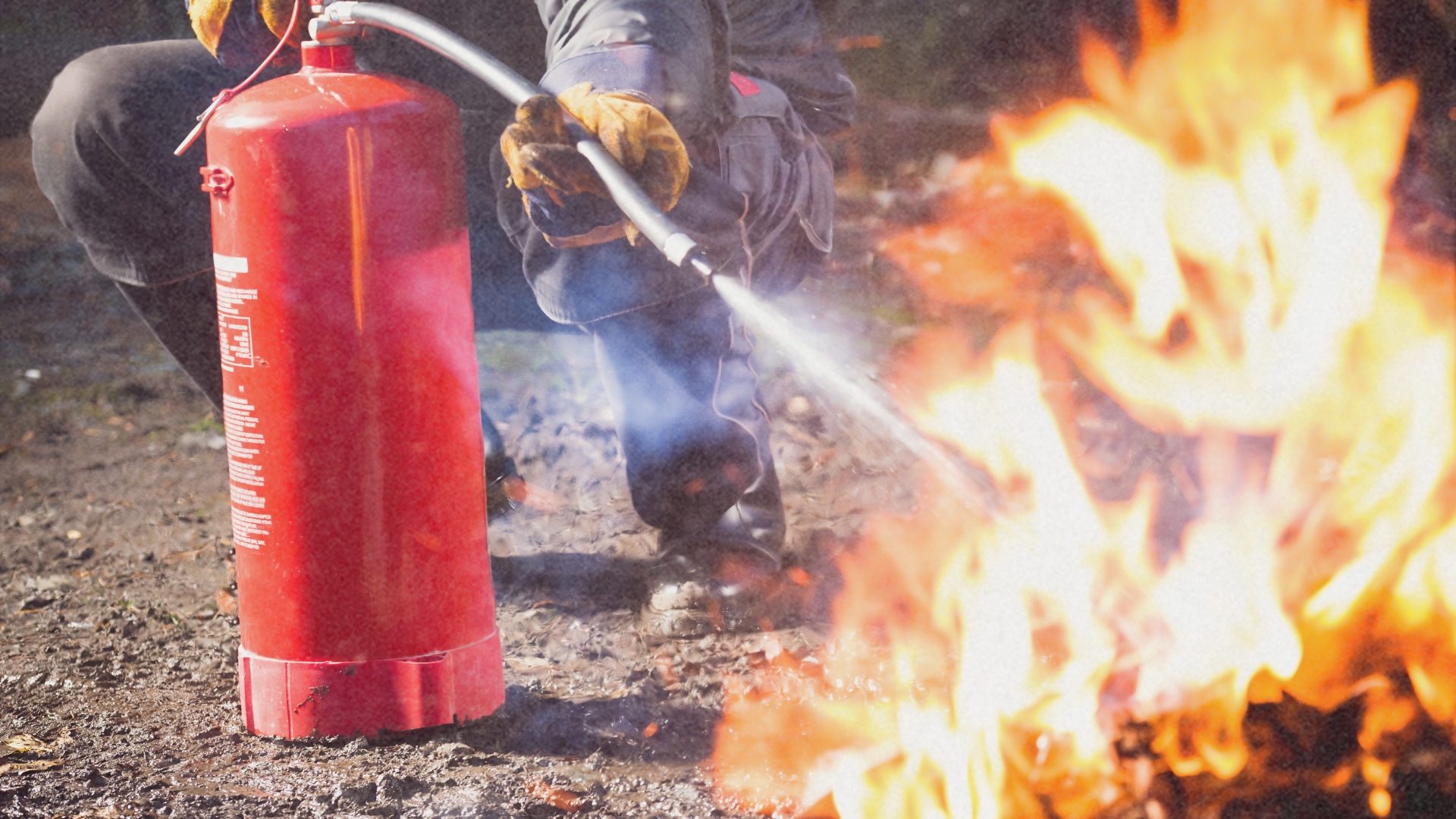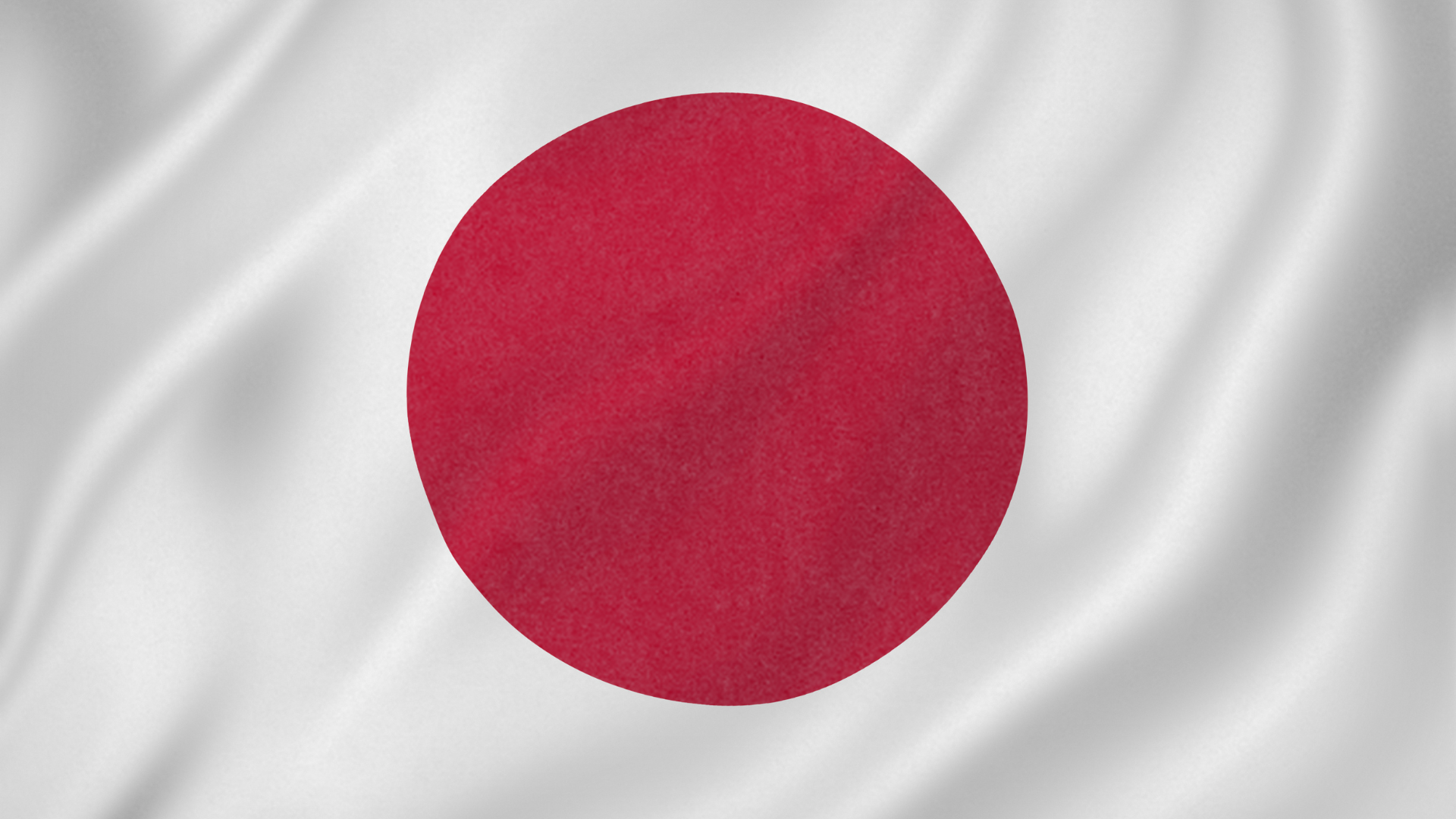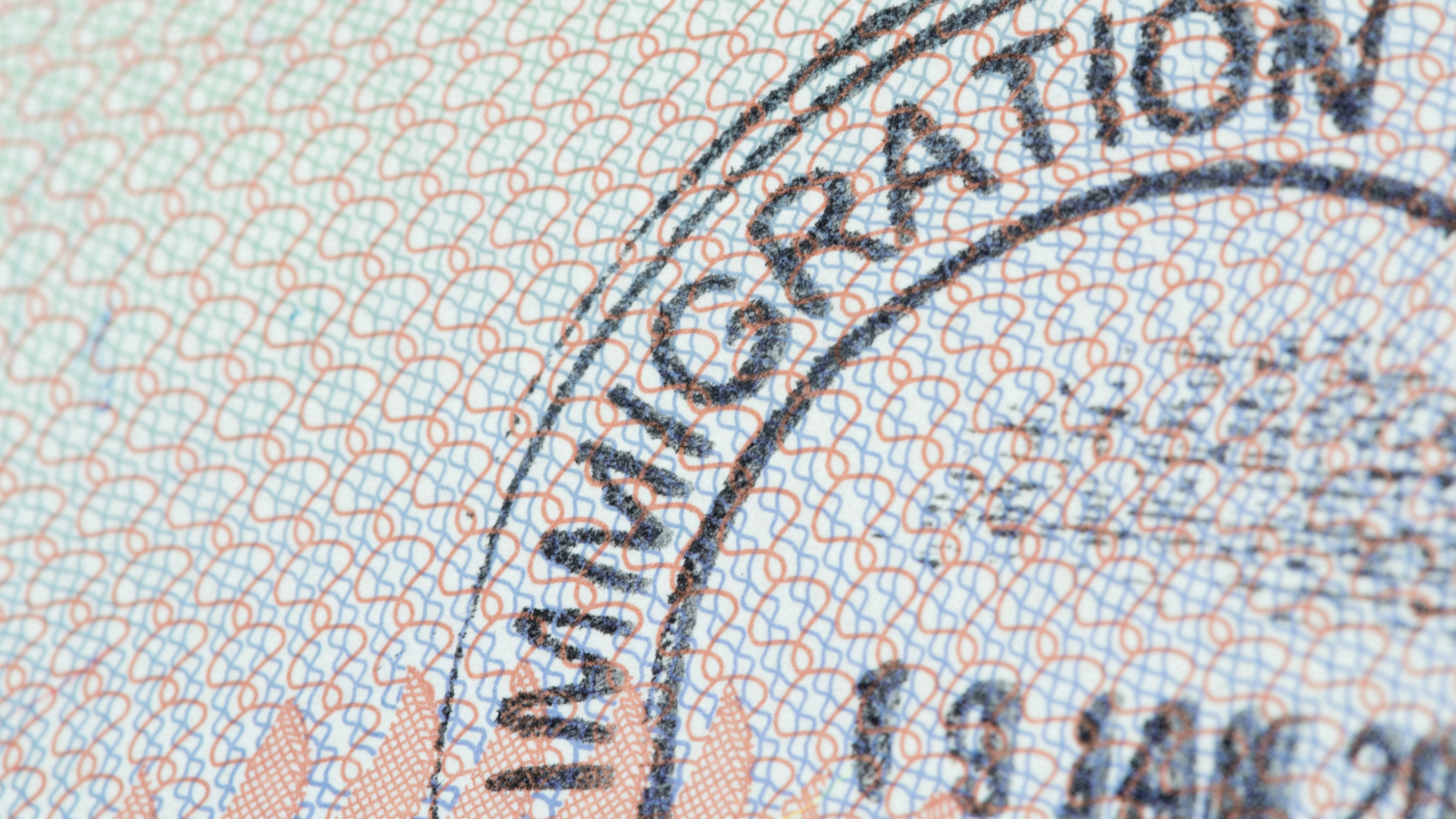
The townspeople clapped their hands and cheered as several South Africans, members of Gift of the Givers Foundation, disembarked from a pumpboat on the shores of Palompon in Leyte.
The Gift of the Givers Foundation is the largest disaster response NGO of African origin on the African continent. It was created in 1992 and has ever since provided life-saving aid to people in many countries. The Philippines is the 31st country to which the organization deployed specialized teams. In response to the effects of Super Typhoon Yolanda, the organization has deployed two teams composed of search and rescue and medical personnel. It has also released 2 million Rand or Php8 million to purchase essential supplies and for the conduct of relief operations. The first team of search and rescue personnel and doctors led by Dr. Ahmed Bham arrived in Manila on November 15.

Meanwhile, the Filipino contingent supporting the Gift of the Givers were composed of personnel from the Philippine Coast Guard, volunteers from the UP Vanguard Incorporated, and several individuals. The contingent was headed by Dr. Rodrigo “Butch” Ong.
The Gift of the Givers linked up and coordinated their relief efforts with local government throughout their stay. They conducted medical missions in various barangays of Palompon, servicing thousands of residents from children to the elderly.
Palompon and Typhoon Yolanda
Palompon is a municipality on the northwestern part of Leyte. Its economy is based on tourism and coconut farming. Its tourism features include Kalanggaman Island, famed for its white sand beach, shifting sandbar, and coral reef dive sites. And the “Tres Marias,” three mangrove sanctuaries – ecotourism destinations home to a thriving ecosystem of mangroves, fishes, migratory birds, and giant bats. Super Typhoon Yolanda passed directly through Palompon subjecting it to the full force of its 275 km/h winds circling around the typhoon’s eye. Five individuals died because of the storm but the two hours of strong winds greatly damaged the livelihood of the people.
There was no electricity throughout Palompon because power lines were knocked down by Yolanda’s strong winds. Electricity is limited to houses with generators and the town plaza. Streetlights are powered by a generator.
At the town’s Liberty Park, the local government put up charging stations for the townspeople to charge their phones and flashlights while free TV viewing was set up at the plaza for the residents to enjoy. It seemed like a picnic and everyone is enjoying.
Vice Mayor Myra Georgina Arevalo said that something good happened despite the damage caused by Super Typhoon Yolanda. She recalls how rival political families who ran against each other during the barangay elections became friendly to one another following the typhoon. Everyone was helping one another. “When the electricity went out, the people went outside and talked to each other which is a good thing.”

Logistical Challenges
Before arriving in Palompon, the mission experienced challenges particularly in transporting supplies and equipment. The team found it difficult to ship more than four tons of supplies and equipment from Manila to Cebu before going to Palompon.
The relief supplies and equipment were loaded to AirAsia, which offered free cargo airlift for relief supplies bound for typhoon affected areas. The queue in the AirAsia cargo was long because other organizations were also utilizing the free airlift for their relief activities. The equipment and supplies of the Gift of the Givers’ mission had to be flown in several batches, which caused delays on the mission. Only two to three tons of relief supplies can be accommodated per flight.

On November 18, the team arrived in Cebu and arranged for an airlift to Ormoc with a C-130 aircraft from the Swedish Airforce. But on that afternoon, all humanitarian flights were grounded in Mactan Airbase.
In the next two days, the team chartered two pumpboat trips to transport the team members and the equipment. The travel was quite perilous with members of the team suffering from seasickness and sunburn. The first trip proved to be eventful as the boat’s engine conked out three times and the boat arrived at the wrong town. The second boat trip carrying equipment was met with strong waves.

Palompon Mayor Ramon Oñate said that nobody usually gets to Palompon from Cebu with a pumpboat. He praised the efforts of Gift of the Givers in traversing a “shark infested Visayan Sea” just to help the people of Palompon.
Hurt and Traumatized
A medical team from the Gift of the Givers went to Barangay Masaba in the mountainous parts of Palompon. The team took an off-road truck through the rough and muddy road for 40 minutes but was unable to proceed to their destination because a fallen electric post has blocked the road. The team had to walk for two hours to reach the barangay and provide medical care for patients.

Maria Estrella Lubiano, 40, said that their house was destroyed because of strong winds. Her family is alive and safe but she’s worried she has nothing to feed her family. She said, “we have no money to buy food because almost all the coconut trees were destroyed.”
Meanwhile, Edilberto Demetrio, 35, was being treated for a large wound on his foot he got while clearing corrugated metal sheet blown away from his neighbor’s house. His house was spared but he worries about his livelihood. He said, “everyone in the village is a coconut farmer,” then looked out the window where the fallen coconut trees lay.
Relief goods have begun trickling in for the people of Palompon from the local government after a week without help. The people lined up in barangay halls to receive relief packs which contains rice, water, canned goods, and instant noodles.
For the children of Palompon, most of the cases encountered by the medical teams were cases of flu and cough. All were also given vitamins for nourishment.
The parents told how children were traumatized. One little girl in particular find it hard to sleep at night fearing strong winds might blow away their house. The South African doctor attending to her assured her, “Yolanda won’t be coming back.” When the interpreter translated it to her in Filipino, the girl flashed a warm smile.

(To be continued)





